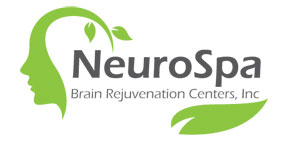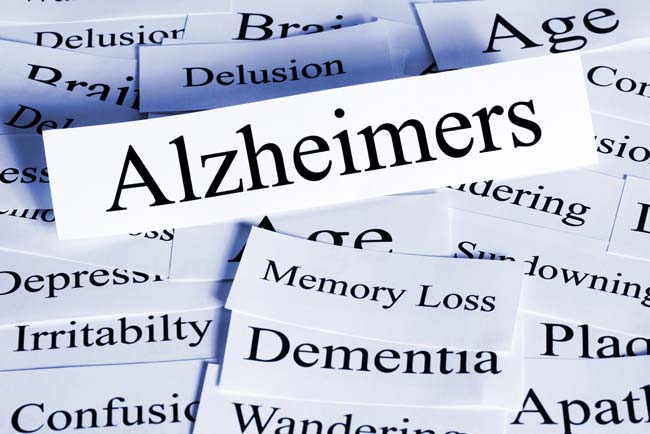What is memory loss: Memory loss is a symptom and not necessarily a disease. Overall, memory loss is defined as forgetfulness or amnesia. Memory loss is categorized into several types based on the contents of what was forgotten. For example, loss of memory for specific events such as birth dates, historical facts, …etc. is explicit memory while memory of life events or images of prior experiences represents implicit memory. Memory for specific tasks such as riding a bicycle or operating an oven is known as procedural memory. Most people have experienced memory loss of some kind such as appointments, where car is parked, or list of groceries. What distinguishes abnormal or disease-process memory loss is 1) worsening signs of memory loss over time, and 2) disruption of daily routine activities due to memory loss. Memory loss can be seen in all age groups and does not only affect the elderly.
What causes memory loss: There are various causes for memory loss. The most common causes of memory loss in individuals younger than 65 generally include poor sleep, stress, anxiety, depression, poor attention, hearing loss, hormonal abnormalities, stroke, alcohol and/or other substance intoxication. The most common cause of memory loss in elderly individuals older than 65 include neurodegenerative conditions such as Alzheimer’s or other types of dementia.
The cognitive processes involved in storage and retrieval of memory involves several brain regions and networks including areas that control language, attention span, short term memory loss, and retrieval of memory. Science has elucidated many of these anatomical landmarks including prefrontal cortex, hippocampus, amygdala, temporal lobe, and dorsolateral prefrontal cortex.
Alzheimer’s disease and other types of dementia are thought to be caused by abnormal protein processing and accumulation (specifically beta-amyloid and tau) and ultimate destruction of brain cells.
What are the tests to diagnose memory loss: Memory loss in general is best evaluated by 1) neurological and/or neuropsychological clinical evaluation; 2) use of imaging tests such as MRI imaging, blood tests, and electroencephalogram (EEG). More advanced imaging techniques increase accuracy and precision of diagnosis and include quantitative electroencephalogram (QEEG) or ‘brain mapping’ and standardized computerized digital testing (see link on website).
What is the treatment of memory loss: Proper treatment of memory loss involves treating the underlying cause whether it is treating the anxiety, poor mood, depression, stress, or insomnia. When cause is dementia, conventional therapy involves prescribing medications that attempt to increase the chemical acetylcholine. Unfortunately, current medication options are not effective in stopping the progression of disease and can be associated with several side-effects. Recent randomized clinical research trials have shown clear benefits of transcranial magnetic stimulation (TMS) of the prefrontal cortex in improving cognitive function in patients suffering from dementia. This trial showed that the benefits of this ground-breaking treatment were superior to that achieved with current medications.
What is the process of treatment when using TMS for memory loss:
What is the process of treatment when using TMS for memory loss? The process of TMS begins with an evaluation with neurologist to discuss signs, symptoms, and review available laboratory and imaging data. Additional testing with QEEG and/or fMRI may be recommended. TMS treatments for memory loss usually last 30 to 45 minutes. Duration of treatment lasts between two to six weeks and is determined based on individual characteristics. Outcomes of therapy using TMS for memory loss are measured with precise digital testing, brain mapping, clinical evaluations, and computerized exams. Additional information regarding TMS is available on this website:
To make an appointment, call (949) 652-7301.



